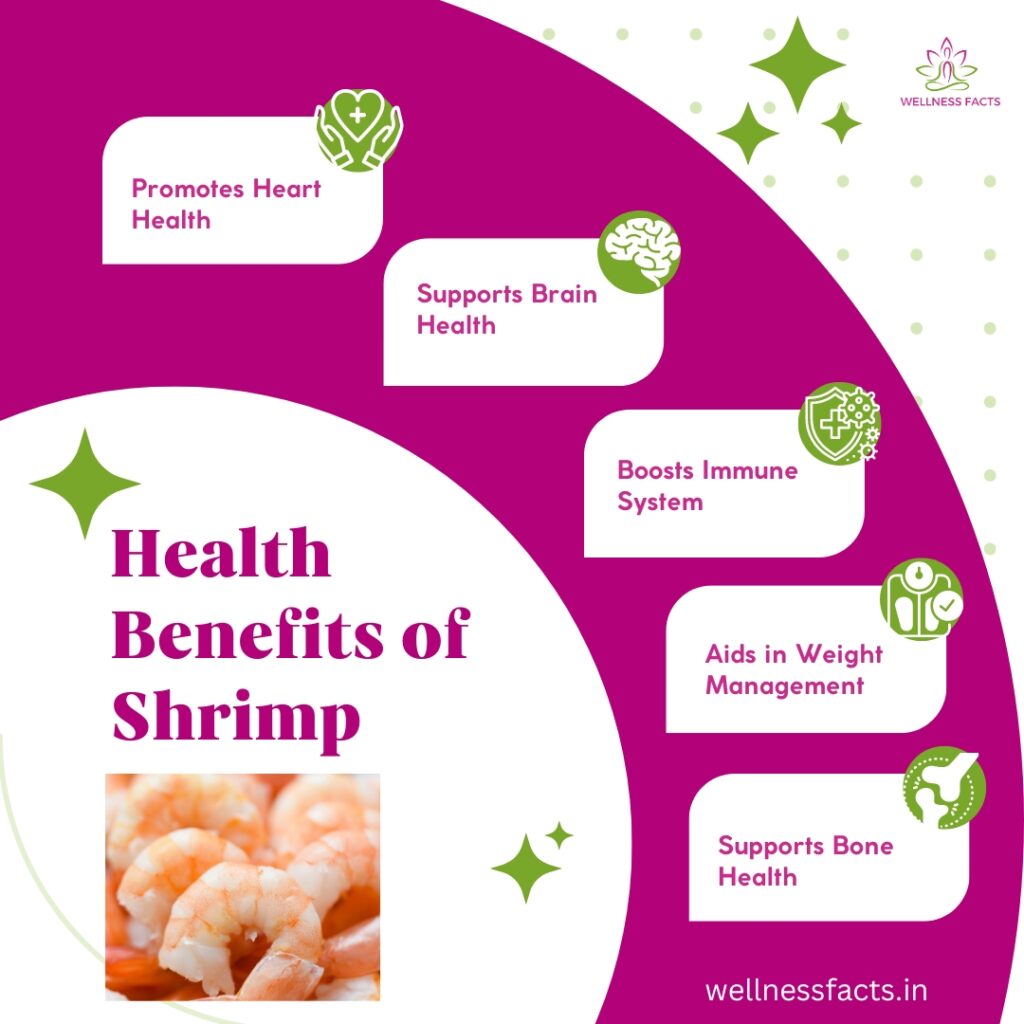Shrimp is a versatile and popular seafood enjoyed in various cuisines around the world. But beyond its delightful taste, shrimp offers a host of health benefits that make it a nutritious addition to your diet. In this comprehensive guide, we explore the nutritional content of shrimp, its health benefits, and how to include it in your meals.
Nutritional Profile of Shrimp
High-Quality Protein
Shrimp is an excellent source of high-quality protein. A 3-ounce serving of shrimp provides about 20 grams of protein, making it an ideal choice for those looking to build and repair muscles. Protein is essential for overall body function, and shrimp provides it without the added calories and fats found in some other protein sources.
Low in Calories and Fat
Despite being rich in protein, shrimp is low in calories and fat. A 3-ounce serving contains approximately 84 calories and less than 1 gram of fat. This makes shrimp a perfect option for those aiming to maintain or lose weight while still getting their necessary nutrients.
Rich in Essential Nutrients
Shrimp is packed with essential vitamins and minerals, including:
- Vitamin B12: Important for nerve function and the production of DNA and red blood cells.
- Selenium: A potent antioxidant that safeguards cells from damage.
- Phosphorus: Crucial for building bones and teeth.
- Choline: Enhances brain function and development.
Health Benefits of Shrimp

Promotes Heart Health
Shrimp contains omega-3 fatty acids, which are known to promote heart health by reducing inflammation, lowering blood pressure, and decreasing the risk of heart disease. Additionally, shrimp is low in saturated fats, further supporting cardiovascular health.
Supports Brain Health
The choline and omega-3 fatty acids found in shrimp play a crucial role in brain health. Choline is essential for brain development and cognitive function, while omega-3s help reduce the risk of cognitive decline and neurodegenerative diseases.
Boosts Immune System
Shrimp is rich in selenium, a mineral that acts as a powerful antioxidant. Selenium helps protect cells from damage and supports the immune system by enhancing the production of white blood cells, which fight off infections.
Aids in Weight Management
With its high protein content and low calorie count, shrimp can be an excellent addition to a weight management plan. Protein helps increase satiety, making you feel full for longer periods and reducing overall calorie intake. The low fat content also makes it a healthier alternative to other protein sources.
Supports Bone Health
The phosphorus in shrimp is vital for maintaining healthy bones and teeth. Phosphorus works in conjunction with calcium to build strong bones, making shrimp a beneficial food for those looking to support their skeletal health.
How to Incorporate Shrimp into Your Diet
Grilled Shrimp Skewers
Grilled shrimp skewers are a delicious and easy way to enjoy shrimp. Marinate the shrimp in olive oil, garlic, lemon juice, and your favorite herbs, then grill until cooked through. Serve with a side of vegetables for a balanced meal.
Shrimp Salad
A shrimp salad is a refreshing and nutritious option. Combine cooked shrimp with mixed greens, avocado, cherry tomatoes, and a light vinaigrette. This salad is ideal for a quick lunch or a light dinner.
Shrimp Stir-Fry
For a quick and flavorful meal, try a shrimp stir-fry. Sauté shrimp with your favorite vegetables, such as bell peppers, broccoli, and snap peas. Add a splash of soy sauce and serve over brown rice or quinoa for a complete meal.
Shrimp Tacos
Shrimp tacos are a fun and tasty way to enjoy shrimp. Fill corn tortillas with grilled shrimp, cabbage slaw, and a drizzle of lime crema. Top with fresh cilantro and a squeeze of lime for a zesty flavor.
Conclusion
Shrimp is a nutrient-dense food that offers numerous health benefits, from supporting heart and brain health to aiding in weight management and bone health. Its versatility in the kitchen makes it easy to incorporate into a variety of dishes, ensuring you can enjoy its benefits in many delicious ways. By including shrimp in your diet, you can take advantage of its high-quality protein and essential nutrients, making it a valuable addition to a balanced and healthy diet.
In summary, shrimp is more than just a tasty seafood option; it’s a powerhouse of nutrition that can help you achieve and maintain better health. So, next time you’re planning your meals, consider adding shrimp to the menu for a delicious and health-boosting choice.
